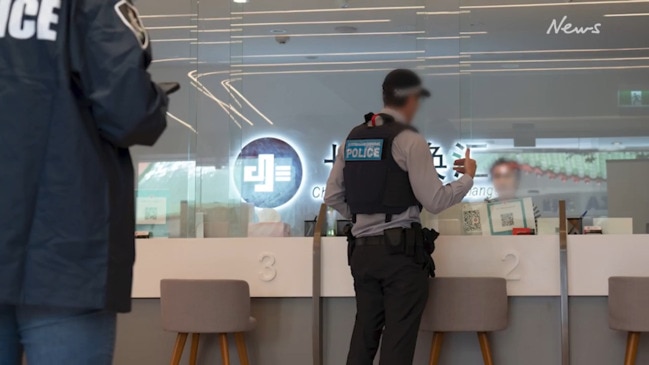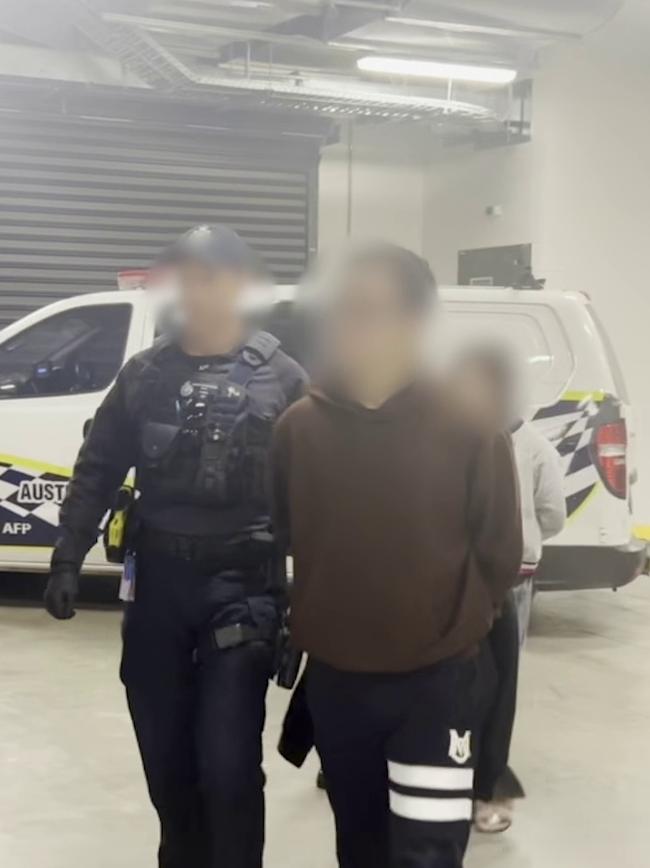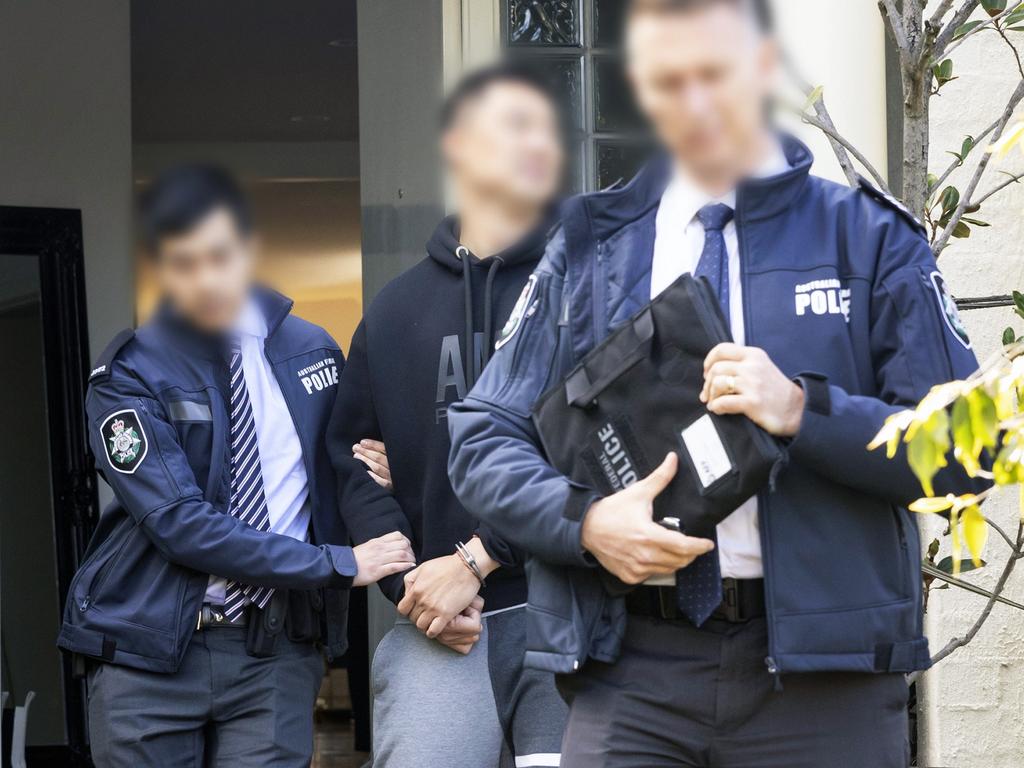
While drug-trafficking, terrorism and child exploitation remain priority areas of investigation for the AFP, going after money-launderers is proving an effective way to hit crims where it hurts: in the hip pocket.
It’s a particularly effective way of taking on drug smuggling syndicates, which make billions in drug profits but need some way to launder it in order to bring it back into the mainstream economy.
Seizing drug profits before they can be laundered not only cuts off the cash needed to fund the next drug-smuggling operation, it deprives the bikies and other criminals behind it of the cash needed to maintain flashy lifestyles, trophy houses, glamorous girlfriends and high-end cars.
Money laundering can also be used to enable terrorism, major tax evasion and other crimes that affect the Australian economy and way of life.
As Australia’s national police force, the Canberra-headquartered AFP is uniquely positioned to work with other agencies such as the Australian Taxation Office, ASIO, Austrac, the Australian Criminal Intelligence Commission and state and territory police forces to undertake long-term, difficult investigations into the movement on illicit funds, and has been working in this area for years.
When Reece Kershaw was appointed Commissioner of the AFP in 2019, he brought with him a renewed enthusiasm for tackling unexplained wealth and stripping assets from criminals, who were facilitated by money-laundering. He set a target for investigators to seize $600m in criminally acquired assets in five years: 3½ years later, they’re already closing in on $1bn in seized cash, houses, jewellery and other assets purchased by criminals with dirty money.
That money goes into federal government coffers.
The money laundering Taskforce Avarus has had several successes since it was launched in 2022, including the dismantling in February of a Sydney-based Chinese-Australian alleged money laundering organisation, which saw nine people arrested and assets worth more than $150m seized.
Based out of AFP Eastern Command in Sydney, it was not set up specifically to target Chinese criminality but its first two major targets have been Chinese-Australian syndicates. The latest, Long River, came to police attention after the US Secret Service, which investigates cyber and currency crimes in the US, alerted the AFP to more than $100m in profits from an American cyber scam that was allegedly coming into Australia via the money transmitter Changjiang Currency Exchange.
An earlier, less-sophisticated alleged money laundering operation uncovered by Avarus investigators alleged that a Vietnamese-controlled gang used money mules to avoid attracting the attention of regulators by making multiple deposits in ATMs around Sydney, all under the $10,000 reporting benchmark.
One female foreign student was alleged to have worn multiple disguises to visit different ATMs and deposit the cash.


Alongside their enforcement activity, police have also begun hammering home their reasons for targeting money laundering, and those who get rich from it.
One strand of this narrative is the fact that money laundering enables and rewards other crimes, including drug trafficking, illicit tobacco smuggling and gun-running. It also allows criminals to avoid paying personal tax, meaning they don’t contribute to aged care and pension payments, or the upkeep of schools, hospitals and roads that ordinary, hardworking taxpayers do.
People who get rich through money laundering have an unfair advantage against law-abiding citizens, who they can out-bid at house auctions, and also buy seemingly anything they want without doing an honest day’s work. This, police argue, is inherently unfair.
The AFP has about 4000 sworn police officers, and almost as many unsworn staff, many of whom are specialists in fields such as investigating convoluted money transfers.
Much like the success of Operation Ironside, where a computer boffin working for the AFP designed a backdoor key that allows police to read 28 million message sent on the supposedly secure AN0M app, five forensic accountants employed by the AFP played a key role in this week’s raids on the Long River syndicate.
Several money-laundering ventures were uncovered through Operation Ironside.
Australia is in some respects an attractive environment for criminals to operate in, mainly because the prices people are prepared to pay for drugs are so high. Most of those drugs come from offshore, and must be paid for via international money transfers.
Police believe taking money launderers out of business helps to make it more difficult for crime gangs to operate.
Money laundering of more than $10m carries potential life-in-prison terms. The AFP has previously described it as the “lifeblood’’ of organised crime.








Raids like the ones busting the alleged Long River money-laundering syndicate are becoming more common as the Australian Federal Police sharpens its focus on cutting off the rivers of dirty cash that is the key enabler of other crime.